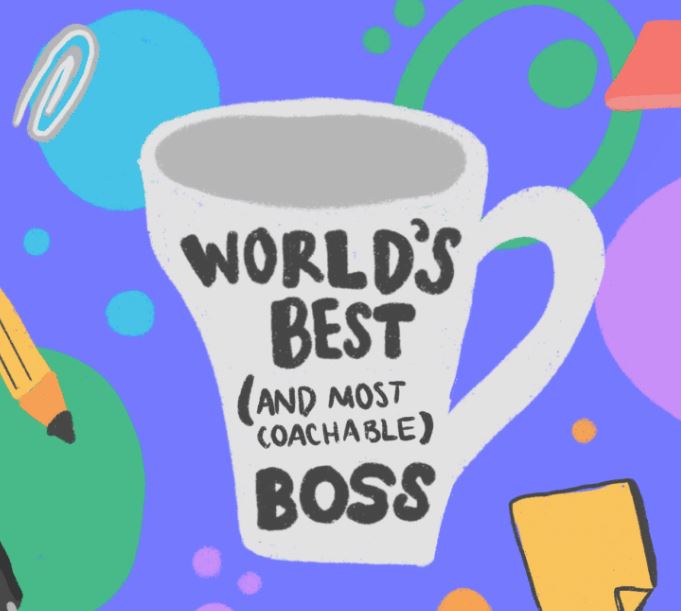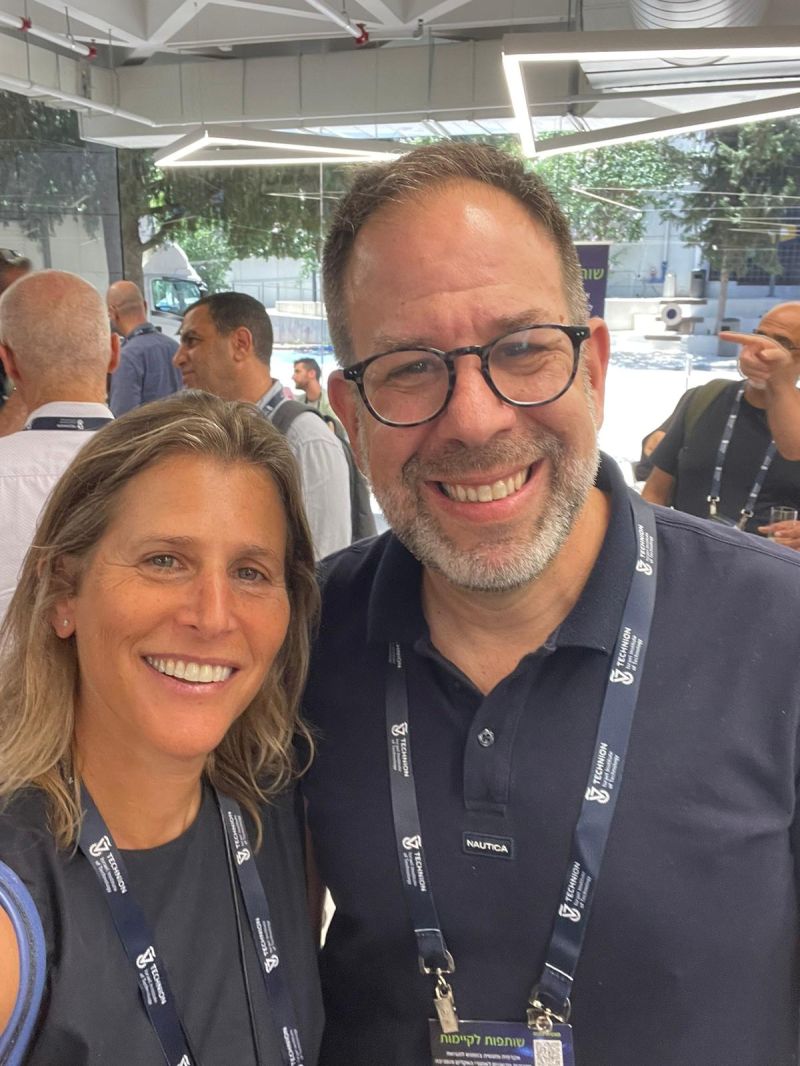I had a great opportunity to be interviewed for this piece by Hive on how being coachable can make you a better boos. I hope you enjoy it!
by Sara London
You could be a decent boss or an adequate boss – but if you want to know how to be a good boss, you’ve got to start listening to your team. Letting those under you provide you with feedback is the best way to go from an adequate boss to a good one. And the best way to do that is by becoming coachable.
Keren Tsuk, PhD., a speaker, consultant, and founder of Wisdom To Lead, has some tips about fostering coachability. Using mindfulness, Tsuk aids in developing senior management teams and corporate leadership using tools from her book, Mindfully Wise Leadership: The Secret of Today’s Leaders.
What does it mean to be “coachable”?
“To be coachable means to be open-minded, humble, and reflective about oneself,” Tsuk says. “It requires the ability to look in the mirror and fully accept what’s there— to maintain the positive things and change for the better our weaknesses. It means being open to learning, adapting, and evolving.”
Becoming coachable is a central tenant for someone who’s looking for tips and tricks for how to be a good boss. This type of feedback isn’t reproachful, and it isn’t meant to make managers feel insecure or inferior. It’s just a way of teaching you to communicate your thoughts or feelings better, task-shift more effectively, and reflect on your relationships with more mindfulness.
“It’s important to be coachable because you need to listen deeply to your employees to be a good boss,” Tsuk says. “This way, you can truly understand what they need from you, their challenges, what works, and what needs to change.”
Resistance to becoming coachable
It can be hard to accept criticism or feedback from anyone in the workplace. This is especially the case when you’re a manager or a supervisor. Certain pieces of feedback may make you feel like you’re inadequate, a poor communicator, or it may open up past wounds about criticisms you’ve received before. It’s vital to acknowledge that resistance, Tsuk says, and recognize when you’re becoming defensive.
“[People] are attached to their belief system and aren’t open to new viewpoints,” Tsuk says about those resistant to being coachable. “Usually, they will resist any new ideas and be stubborn. They won’t be able to reflect on themselves. Instead, they will blame others for unpleasant situations or behavior and won’t take responsibility for their actions.”
Tsuk continues that this is all to avoid these previously mentioned negative feelings and potential problems that may arise as a result of those feelings. This fixed mindset can eventually drive a wedge between managers and teams.
“Once you are coming from an open attitude that contains listening and curiosity— and you are not occupied with protecting your actions— you can really be present, change, and react to what’s needed here and now and be there for your employees.”





